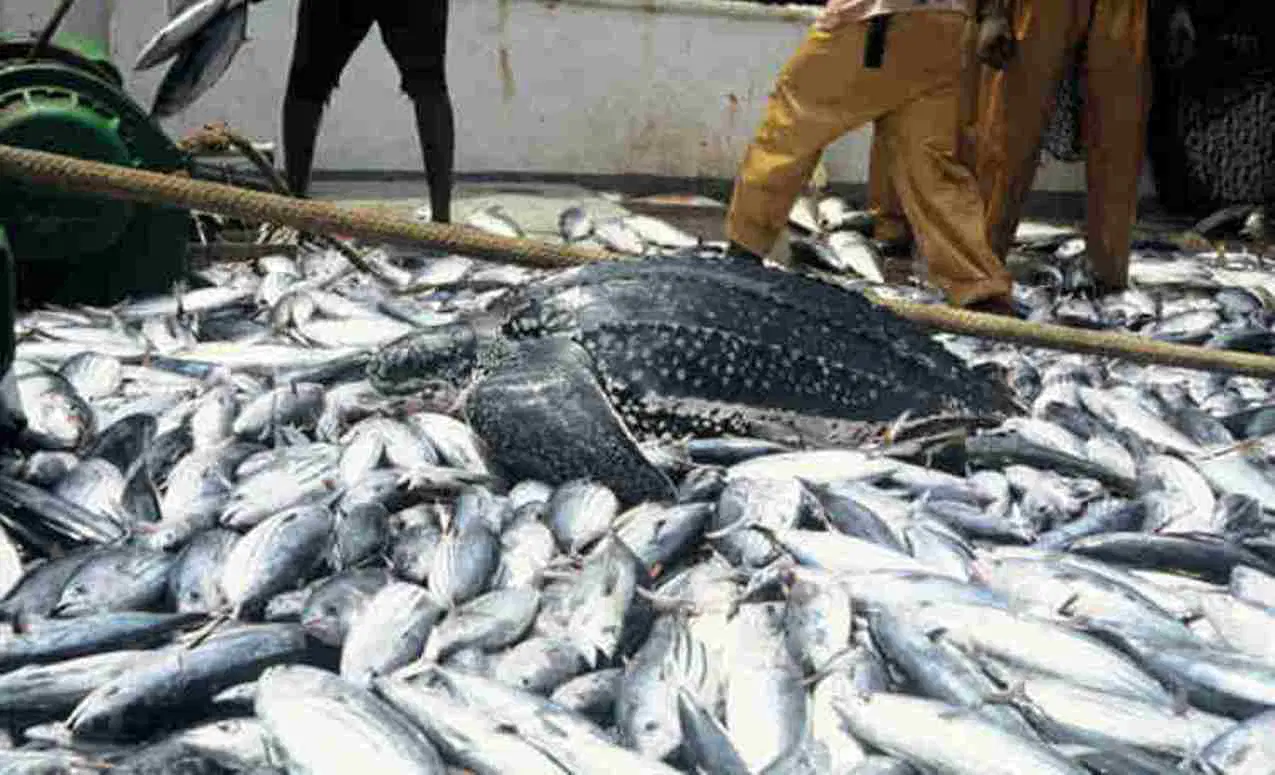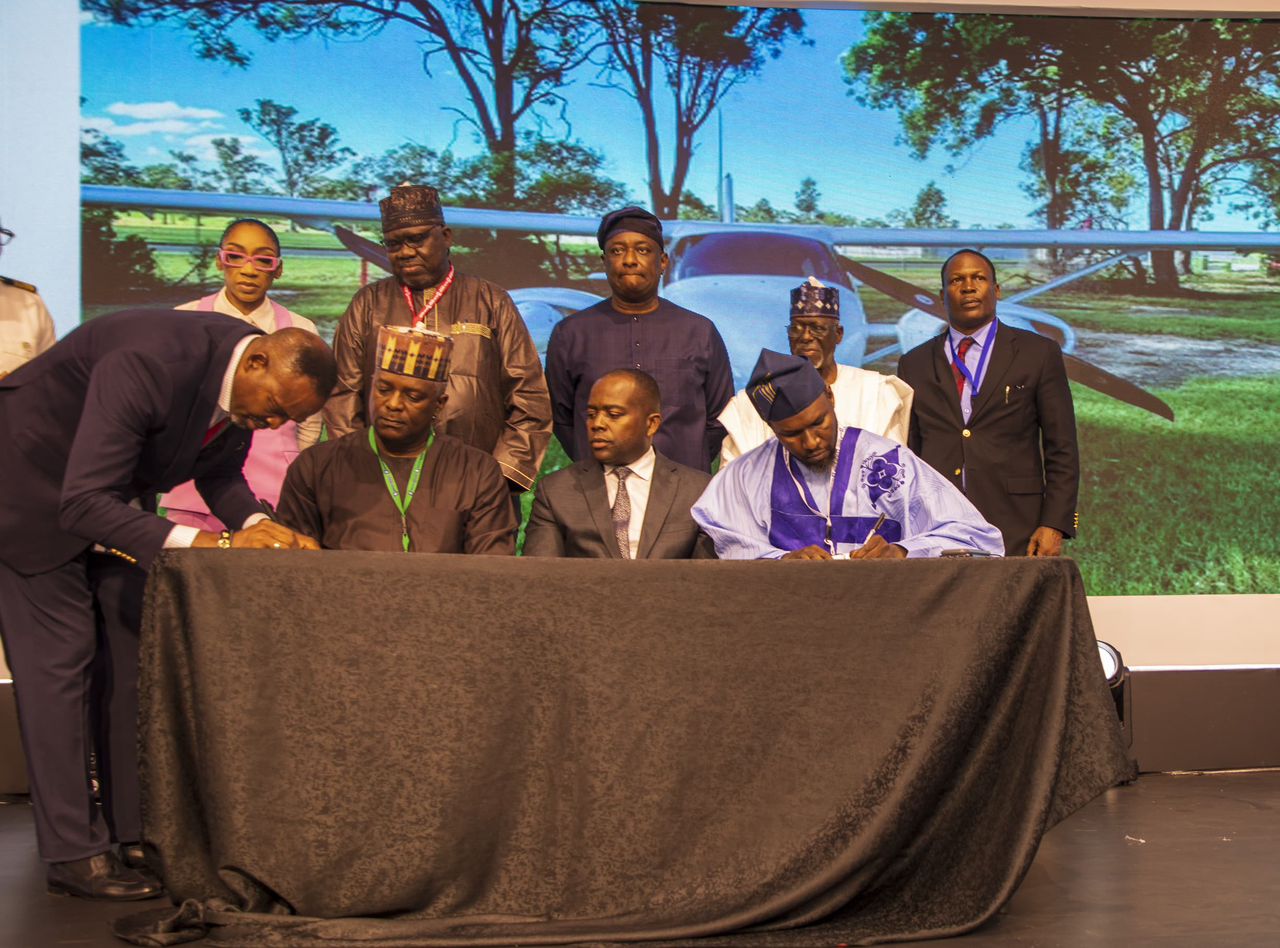 The Federal Government, yesterday, expressed concerns over Nigeria’s fish import bill, stressing that initiatives, including locally-designed technologies, storage facilities as well as the inclusion of women and youths in production, are underway to increase local capacity.
The Federal Government, yesterday, expressed concerns over Nigeria’s fish import bill, stressing that initiatives, including locally-designed technologies, storage facilities as well as the inclusion of women and youths in production, are underway to increase local capacity.
The Federal Government said Nigeria imports about 2.4 million metric tonnes of frozen fish yearly to the detriment of the country’s foreign exchange reserves.
In the first nine months of last year, the country spent N138 billion on fish imports.
Speaking during a courtesy visit by the National Working Group on Gender and Blue Economy, the Director of the Department of Fisheries at the Ministry of Marine and Blue Economy, Wellington Omoragbon, said the government would address challenges facing fishery and aquaculture, including activities of dredgers.
According to him, with the wide disparity in the naira and other currencies, especially the dollar, the ministry has been mandated to look inward for fisheries and aquaculture development.
Omoragbon noted that there is a need to ensure state and local governments prioritise the implementation of fisheries projects. He said while women and youth make up about 70 per cent of the population, they have not received the necessary support, especially in the fishing industry.
He said Nigeria needs to develop markets and technology to halt reliance on fish importation.
The government is thinking in the direction of intervening in the fishing sector, he said, adding that a memorandum of understanding is being signed with the Ministry of Water Resource to use the country’s water body to create an enabling environment for fishing.
Omoragbon noted that while the government cannot solve the problem alone, players could carry out a need assessment to enable the government to understand the targeted issues across fishing communities.
He also decried the skill gap in the sector, stressing that there is a need to equip people in the sector as that is critical to increasing fish production in the country.
The Gender and Blue Economy Working Group stressed the need for the government to include the group in its planning, saying it is key to developing gender-friendly policies, capacity development and training as well as research and data.






